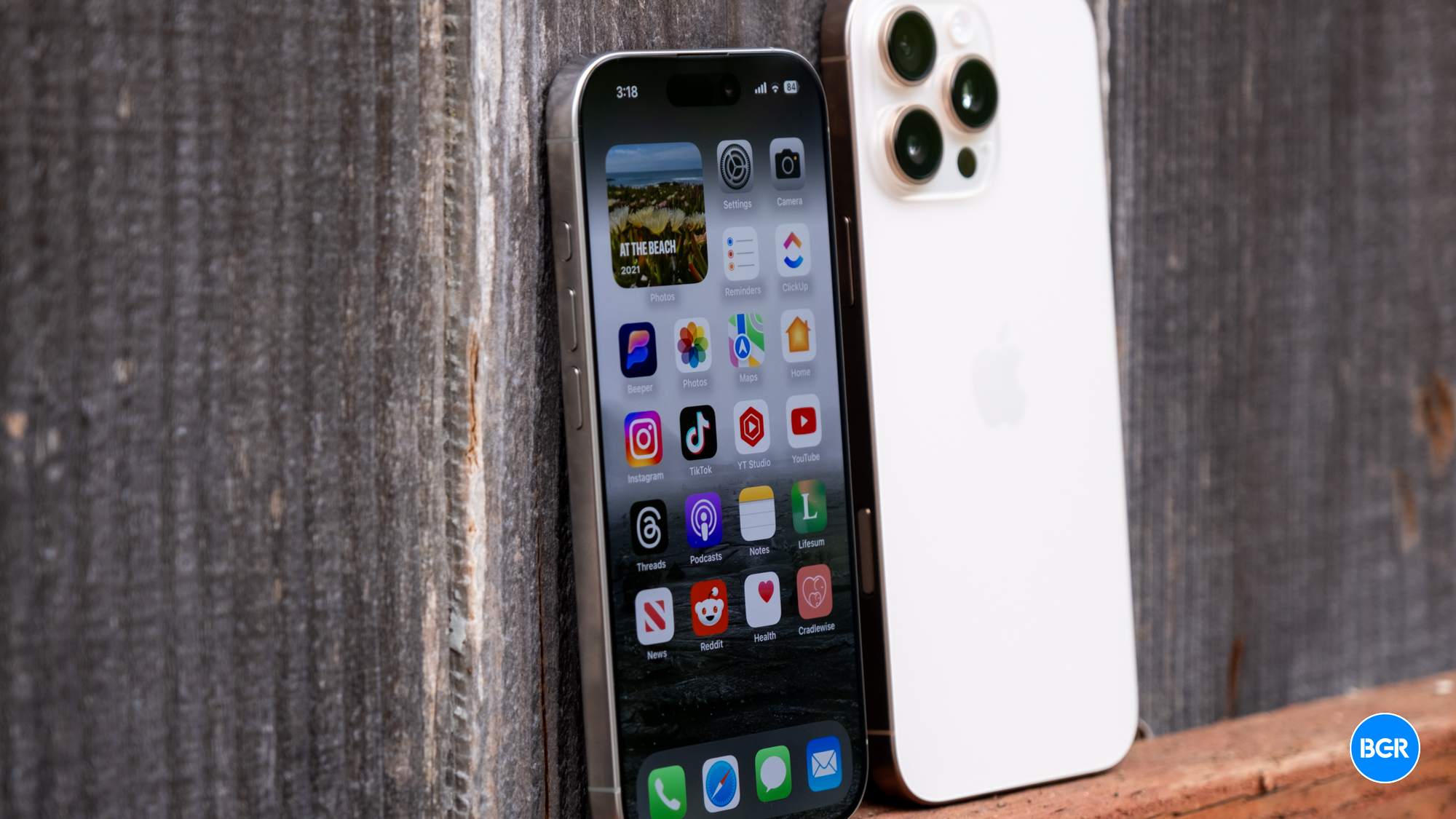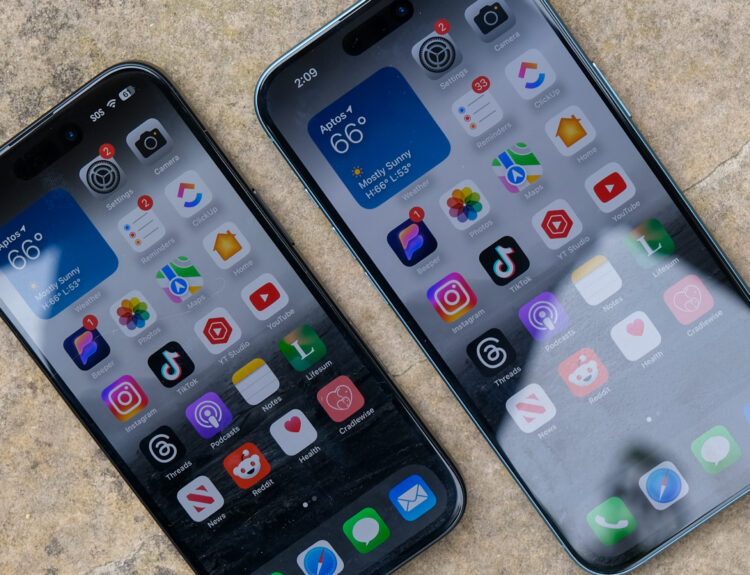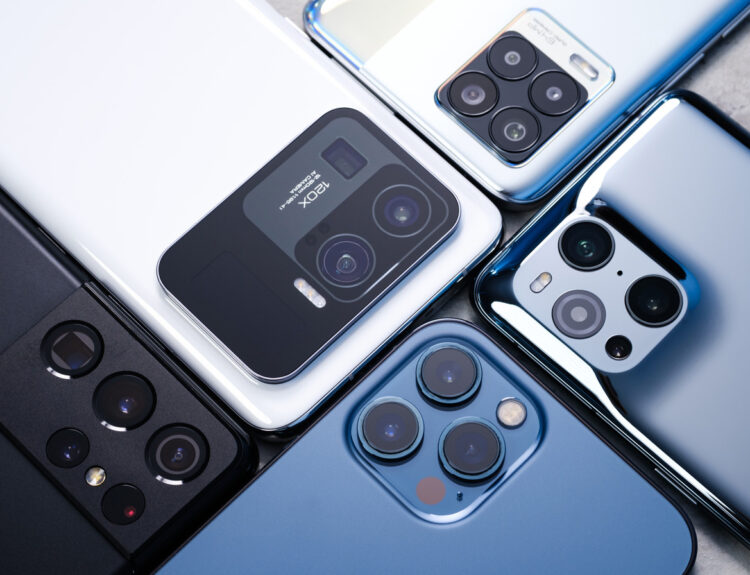A catastrophic hack involving a backdoor into the AT&T, Lumen, and Verizon networks came to light in early October. It made me point out that Apple’s stance against backdoors in iPhone encryption has been proven to be correct once again. Any type of hidden access to software or hardware could be exploited.
A state-sponsored hackers collective associated with China known as Salt Typhoon is believed to be responsible for the hack, though China has denied involvement.
Since early October, multiple reports have emerged indicating that the scope of the attack was much bigger than breaching the networks of AT&T, Lumen, and Verizon via the wiretap access “doors” reserved for US law enforcement.
The hackers might have been looking for high-prized targets, including phones belonging to Donald Trump, JD Vance, and people affiliated with Vice President Kamala Harris’s presidential campaign.
More recent developments indicate that the hack might have targeted the iPhones belonging to senior unnamed presidential campaign officials ahead of the US election. It’s unclear who these officials are or what side they worked on. The FBI is already investigating the hack.
According to Forbes, a cybersecurity expert involved in protecting the devices of officials in these campaigns detailed the FBI’s investigation. The agency wants to determine whether China’s hack of the American telecom networks was used to infect iPhones with malware.
Rocky Cole, the founder of mobile security startup iVerify, told Forbes that his company discovered anomalous behavior on two iPhones belonging to high-ranking campaign officials.
iVerify detected iPhone settings that were changed “in patterns that are not observed on healthy devices.” Cole said that previous mobile malware developed by state-sponsored hackers changed settings similarly.
“That does not mean the devices were definitively compromised, but this information combined with who owned the devices and the timelines of the events were enough to merit a robust investigation, which is ongoing,” Cole said.
The FBI confirmed to Cole that one of the impacted iPhones belonged to a target of Salt Typhoon. The timeline of the anomalous behavior on the iPhone aligned with the hack of Verizon’s network.
Cole’s firm was tasked with protecting officials’ iPhones through its work with the Defending Digital Campaigns nonpartisan nonprofit. This entity provides candidates and staff with free access to cybersecurity tools. Cole is a former NSA analyst and Google employee.
That said, it’s unclear whether the iPhone hack was successful. iPhones have strong protections against hacks and malware. The data on them is encrypted. But we’ve seen sophisticated malware hacks targeting high-ranking individuals in the past. These are expensive to obtain, and usually involve hacking groups with considerable resources. Nation-states like China are typically associated with such attacks.
If the attackers were successful in the iPhone hack targeting the senior presidential campaign officials, they could have obtained access to critical information. It’s one thing to breach a network like Verizon and quite another to hack an iPhone. The latter exploit would give hackers access to private information, including files.
Most importantly, access to communications apps could be avaiable to them, assuming complete access to the entire contents of the iPhone was attained. They could inspect call histories and text chains in encrypted apps like iMessage, Signal and WhatsApp. They could also obtain real-time location information.
Worse, a successful attack could open the doors to similar attacks targetting US government officials in the future.
The report notes that none of the US parties involved commented on the matter. That’s Apple, Verizon, and the FBI. Meanwhile, a spokesperson for the Chinese Embassy in Washington denied China was behind the hacks.
While law enforcement agencies might not want to comment publicly on the scope of these hacks, they’ll hopefully provide more information down the road. This is the kind of breach that warrants more explanation.
In addition to the Forbes story, check out The Wall Street Journal’s coverage of the telecom hacks, including the targeting of presidential campaigns.



